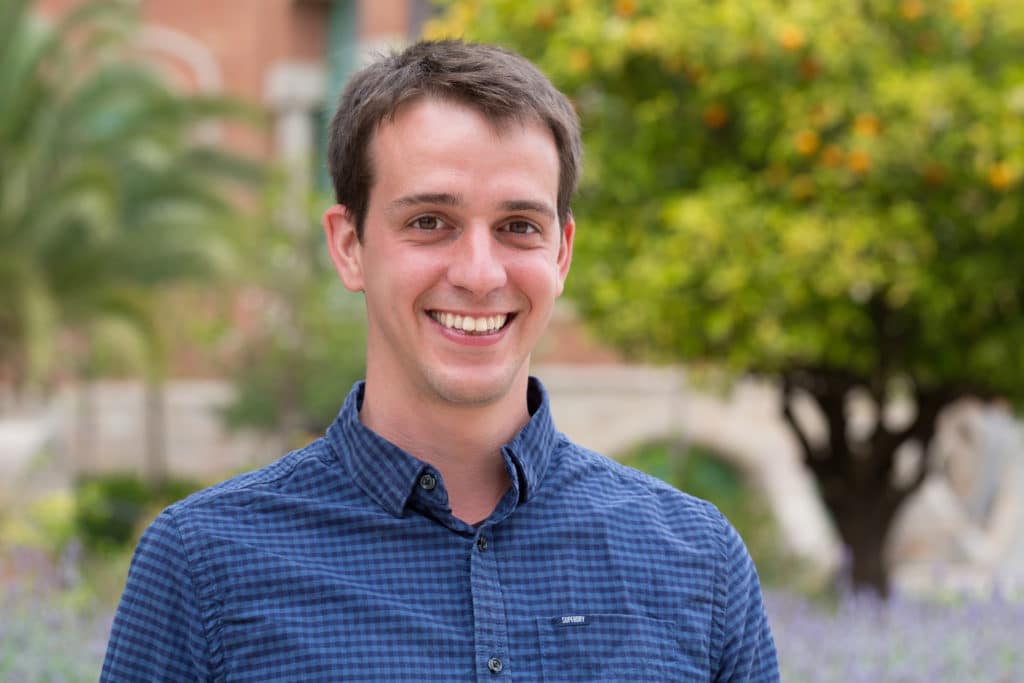AFTD Announces Recipients of 2019-2021 Postdoctoral Fellowships

By supporting talented young investigators during the final stage of their scientific training, AFTD Postdoctoral Fellowships lay the groundwork for tomorrow’s discoveries in FTD research. This year marks the 10th anniversary of the Postdoctoral Fellowship program as well as the first time AFTD has awarded separate fellowships in basic science and clinical research, analogous to our Basic Science and Clinical Research Pilot Grants.
We are grateful for the opportunity to expand this important source of funding for the next generation of FTD scientists, and are proud to announce the recipients of the 2019-2021 Basic Science and Clinical Research Postdoctoral Fellowships:
Ming-Yuan Su, PhD, a postdoctoral fellow in the laboratory of James Hurley at the University of California at Berkeley, received the inaugural Basic Science Postdoctoral Fellowship for her proposal, “A structural approach to rescuing C9orf72 haploinsufficiency in ALS-FTD.”
Dr. Su, who brings to the table an impressive background in structural biology, will utilize an innovative technique known as cryo-electron microscopy to map the three dimensional structure of two intertwined proteins: the protein encoded by the C9orf72 gene — the gene most often affected by an FTDassociated mutation — and SMCR8, a protein accomplice necessary for C9orf72 to function properly. Compounds that stabilize this protein partnership could lead to an effective treatment for FTD.
Oriol Dols Icardo, PhD (above), was awarded the first AFTD Clinical Research Fellowship for his proposal, “Identification of an RNA-based biomarker in FTD.” He is a Postdoctoral Researcher at the Institut de Recerca de l’Hospital de la Santa Creu i Sant Pau in Barcelona, where he will complete his postdoctoral training under the supervision of Jordi Clarimón Echavarria.
Dr. Icardo will look for changes in RNA extracted from postmortem brain tissue and ultimately from the cerebrospinal fluid (CSF) of persons diagnosed with FTD. Differences in CSF RNA that distinguish specific FTD subtypes — or confirm an FTD diagnosis — could be the basis of a fluid biomarker and identify new targets for RNA-based drugs.
By Category
Our Newsletters
Stay Informed
Sign up now and stay on top of the latest with our newsletter, event alerts, and more…
